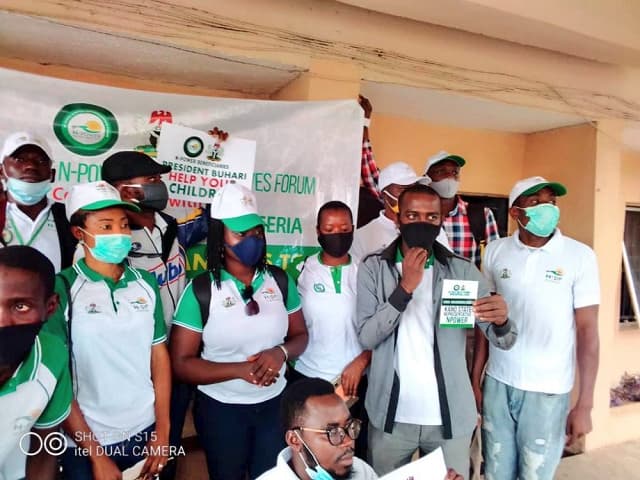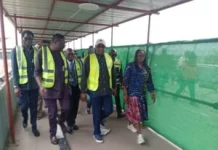The Federal Government (FG) recorded no less than 6.4 million applications for the N-power batch c programme. This is according to Sadiya Farouq, the Minister of Humanitarian Affairs, Disaster Management and Social Development.
Speaking at the humanitarian ministry open house event/inauguration of Internally Displaced Persons Policy, Farouq said under the N-power batch c scheme, 510,000 are already enrolled, adding that 490,000 people would later be brought on board.
Her words: “The ministry successfully exited the 500,000 Batches A and B N-Power beneficiaries in 2020 and received about 6.4 million applications for Batch C.
“From Batches A and B, 109,823 beneficiaries have gone on to set up businesses in their communities, underlining and highlighting the impact and importance of the N-Power programme.
“Under Batch-C stream 1 there are 510,000 currently enrolled and benefitting from the programme, while an additional 490,000 will be enrolled following presidential approval to increase the number to one million.”
NASIMS commences payment process of N-power batch beneficiaries’ delayed stipends
The National Social Investment Management System (NASIMS) had commenced the payment process of January stipend payment of N-power beneficiaries after being delayed.
“Our attention has been drawn to repetitive inquiries from Batch C Beneficiaries regarding payment commencement of January stipends, and our clarity verged on the misconception.
“As a matter of clarity, your January 2022 payment is currently being reviewed and is at the concluding stage. To that effect, payment will be initiated any time soon while all 2021 outstanding are gradually being sorted out. Moreso, the technical challenges we’ve been battling with are also a contributing factor to the payment irregularities.
“For now, we can’t tell the exact commencement date for payment of January 2022 stipends, But we do know, you will be paid anytime soon. Please be patient! Thank you,” a source in the ministry was quoted as saying.
Launched in 2016, N-power is a scheme that was designed to address Nigeria’s unemployment rate and help boost social development.













